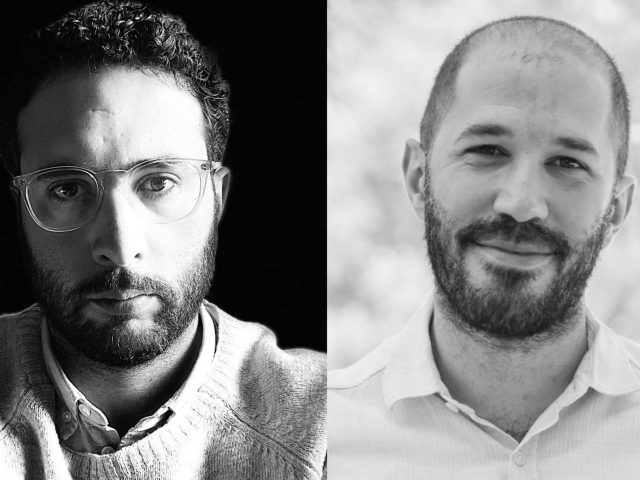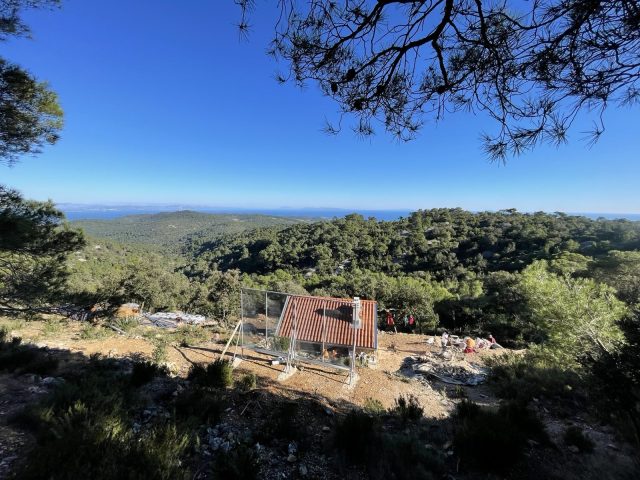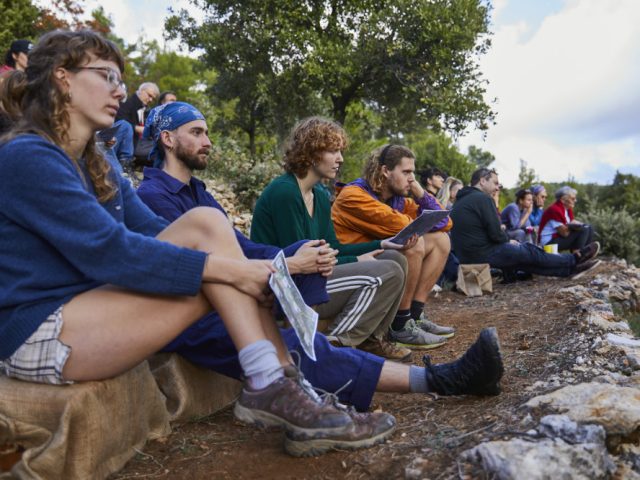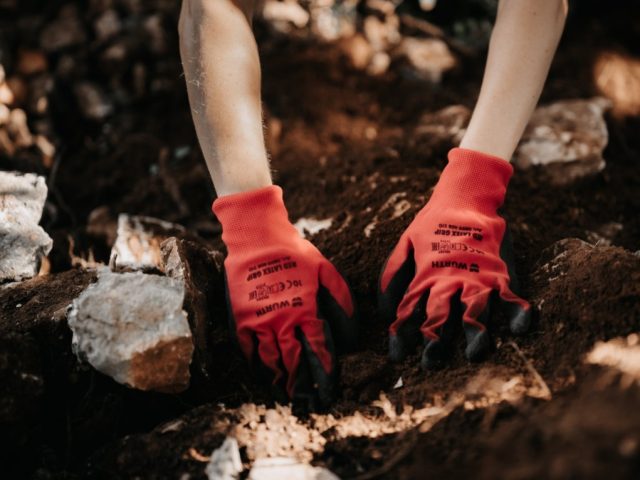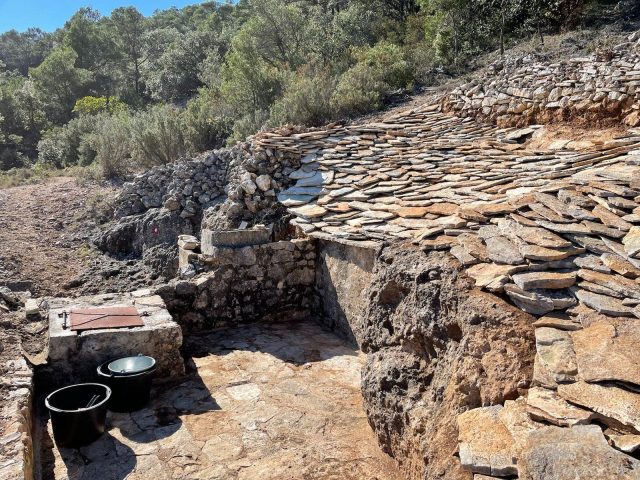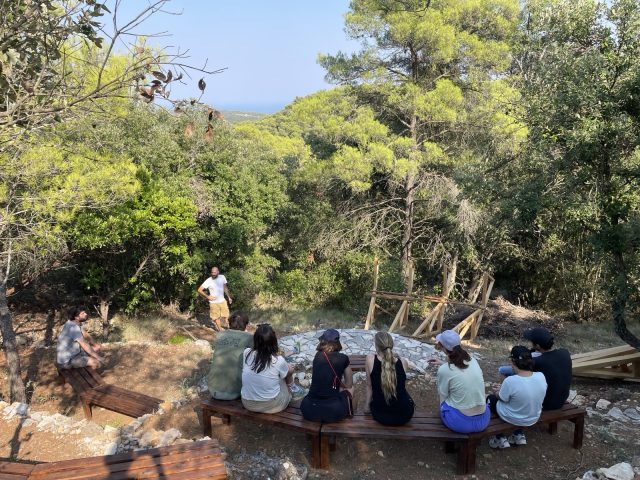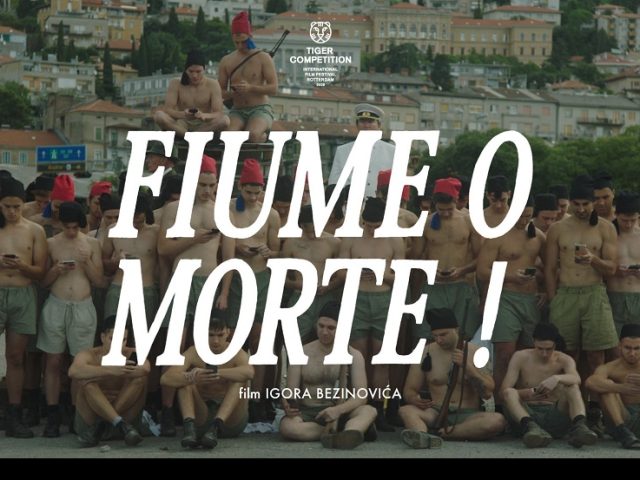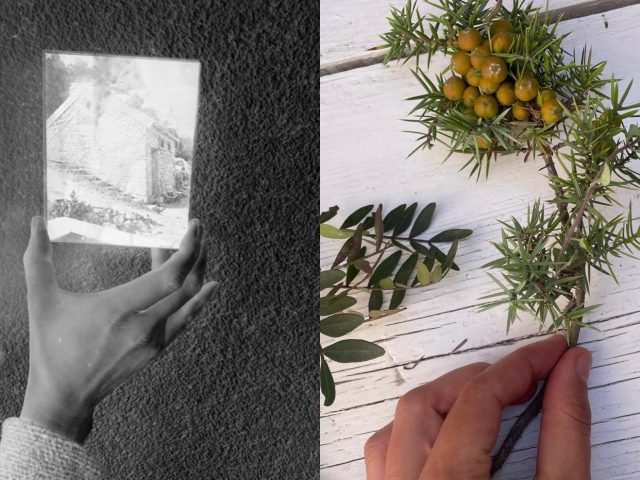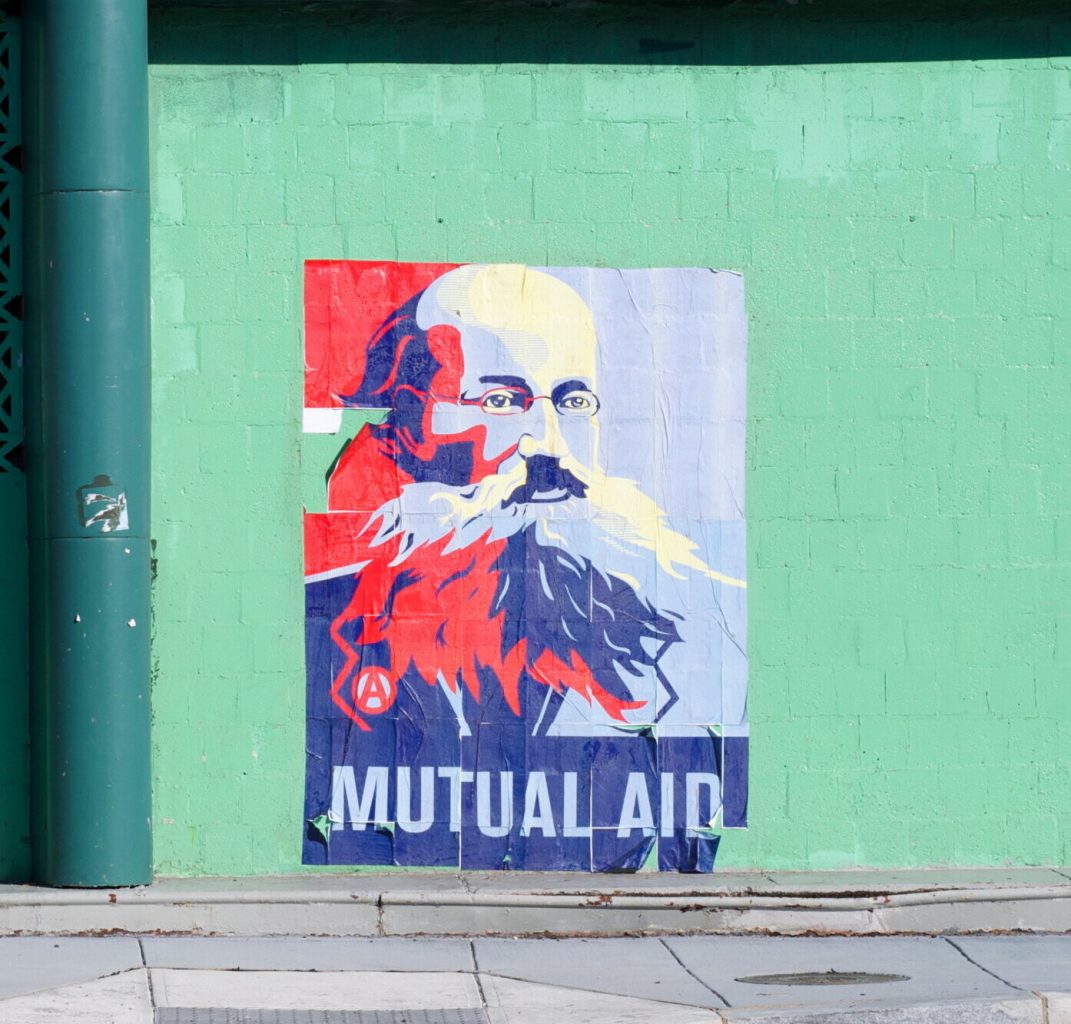
Peter Kropotkin, a staunch critic of the Hobbes’ doctrine on the state of nature where “each man lives for himself” or where homo homini lupus est, but also a skilled zoologist and geographer, who was observing kinds of cooperation existing in nature long before today’s climate movement took shape, developed his own views on what is “natural” between animals, and by extension, humans. Against both social Darwinism that emphasized competition, and the romantic depiction of “the noble savage” by Jean-Jacques Rousseau, he posited Mutual Aid as a crucial factor in the evolution itself. He wasn’t naive to ignore the really-existing competition or harsh struggles for survival as factors of evolution, but argued that their cooperative counterpart had an even higher importance: “Sociability is as much a law of nature as mutual struggle.” [1]
According to Kropotkin, if we were to ask Nature, “Who are the fittest: those who are continually at war with each other, or those who support one another?” We would get the answer: “Those animals that acquire habits of mutual aid are undoubtedly the fittest.” It is precisely these animals that attain the highest development of intelligence and bodily organization; it is also these animals that have the highest chances for survival. There are numerous examples, ranging from ants to bees, that demonstrate the existence of a society, even among animals.
One among many beautiful examples from Kropotkin’s Mutual Aid is the migration of birds:
“As soon as spring comes back to the temperate zone, myriads and myriads of birds that are scattered over the warmer regions of the south come together in numberless bands and, full of vigour and joy, hasten northward to rear their offspring. Each of our hedges, each grove, each ocean cliff, and each of the lakes and ponds with which Northern America, Northern Europe, and Northern Asia are dotted tell us at that time of the year the tale of what mutual aid means for the birds; what force, energy, and protection it confers to every living being, however feeble and defenceless it otherwise might be.”
It is the poetry of Mutual Aid that we need today more than ever. If birds that have lived in small bands scattered across a large territory for months can gather in thousands and travel thousands of miles in peril, why is it so difficult for humans to put on a similar massive display of mutual aid in times of pandemic and climate crisis? Some birds usually fly in preparation for the long journey every afternoon, and once they start in a well-chosen direction – “a fruit of accumulated collective experience,” as Kropotkin calls it – the strongest fly at the front of the band, relieving one another in that difficult task. But each bird, big and small, has an important role in the flight towards the future. Together, in a cooperative undertaking of gigantic proportions, they form the poetry of the future that can still be seen in our skies.
Another extraordinary example comes from the lives of parrots that have come to such a stage of mutual attachment that when a parrot is killed by a hunter, the others fly over to the corpse of their comrade and themselves become the victims of their friendship. From the perspective of the hunter, this might seem stupid, but aren’t humans doing the same when they gallop into the biggest danger in order to save their friends? If, out of two captive parrots, even though they belong to two different species, one of them accidentally dies, it is usually followed by the death from grief and sorrow of the other friend. And, again, why are humans so arrogant to think that only they can feel empathy, create social bonds, and end up in mourning or literally die of sadness? It’s a sad irony that parrots hardly have any enemies besides humans. Only man, as Kropotkin says, “owing to his still more superior intelligence and weapons also derived from association, succeeds in partially destroying them.” “Their very longevity would thus appear as a result of their social life.”
In short, the war of each against all is not the law of nature. Mutual aid is as much a natural law as mutual struggle, or, to put it another way, Margaret Thatcher, there is such a thing as a society, and we are rebuilding it.
[1] Peter Kropotkin, Mutual Aid. A Factor of Evolution, https://theanarchistlibrary.org/library/petr-kropotkin-mutual-aid-a-factor-of-evolution

